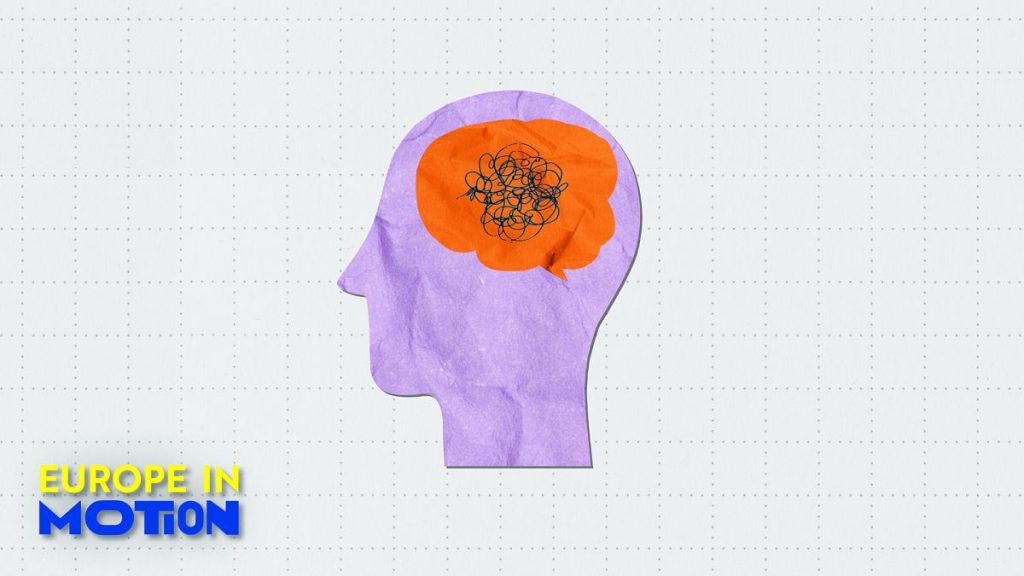Cognitive impairment, encompassing difficulties with concentration and memory, poses a significant public health concern across the European Union. Eurostat research reveals that nearly 15% of the EU population experiences moderate to severe forms of these cognitive challenges. This prevalence translates to a substantial segment of the population struggling with daily tasks requiring mental acuity, impacting their personal and professional lives. The underlying causes of these cognitive issues are multifaceted, but emerging evidence suggests a strong correlation with socioeconomic factors, particularly poverty and financial hardship. This connection underscores the importance of addressing social determinants of health to mitigate the burden of cognitive impairment.
A deeper analysis of the Eurostat data reveals striking regional variations in the prevalence of concentration and memory problems. Nordic countries, including Norway, Finland, and Denmark, report the highest overall rates, exceeding 25% and even reaching nearly 34% in Norway and Finland. This elevated prevalence in Nordic nations, despite their generally high standards of living, warrants further investigation to understand the contributing factors, which could include genetic predispositions, environmental factors, or even reporting biases. In contrast, Southern European countries like Malta, Ireland, and Hungary report significantly lower rates, hovering around 15-20%. This disparity highlights the complexity of the issue and the need for region-specific interventions tailored to the unique circumstances of each population.
The impact of age on cognitive function is evident in the data, with a stark increase in the prevalence of concentration and memory problems among older adults. While nearly 15% of the overall EU population experiences these issues, the rate doubles to 30% among individuals aged 65 and older. This age-related surge is likely attributable to the natural aging process, which can lead to neurobiological changes affecting cognitive performance. However, it’s important to distinguish between normal age-related cognitive decline and pathological conditions like dementia, which require specialized medical attention. Addressing the growing cognitive needs of an aging population is crucial for maintaining their well-being and independence.
Within the older adult population (65+), significant variations exist across EU member states. Croatia reports the highest prevalence of concentration and memory issues, with over half (53%) of its older population affected. Romania and Estonia follow closely with rates around 45%. These high rates in Eastern European countries may reflect the cumulative effects of historical and societal factors, including limited access to healthcare and resources, which can exacerbate age-related cognitive decline. Understanding these contributing factors is crucial for developing targeted interventions that address the specific needs of older adults in these regions.
The strong link between socioeconomic disadvantage and cognitive impairment is a key finding of the Eurostat research. Individuals facing financial hardship and living in poverty are significantly more likely to experience concentration and memory problems. This association is particularly pronounced in Croatia, where the prevalence of these cognitive issues is nearly 24 percentage points higher among those facing financial difficulties – the largest disparity observed in the EU. Similar disparities are found in Estonia, Latvia, and Sweden, highlighting the widespread impact of socioeconomic factors on cognitive health. This correlation suggests that the chronic stress and strain associated with poverty can negatively impact brain function, underscoring the importance of poverty reduction strategies in promoting cognitive well-being.
The observed disparities in cognitive function across the EU emphasize the complex interplay of individual, social, and environmental factors. The higher prevalence in Nordic countries, despite their overall high living standards, suggests that factors beyond socioeconomic status play a role. Further research is needed to disentangle the specific contributions of genetic predispositions, environmental exposures, healthcare access, and lifestyle factors. The stark increase in prevalence among older adults highlights the need for age-appropriate interventions to support cognitive health and address the specific needs of this growing demographic. Finally, the strong correlation between poverty and cognitive impairment underscores the importance of addressing social determinants of health to mitigate the burden of cognitive issues across the EU. Integrated approaches that address both individual and societal factors are crucial for promoting cognitive well-being and reducing disparities across the European Union.










